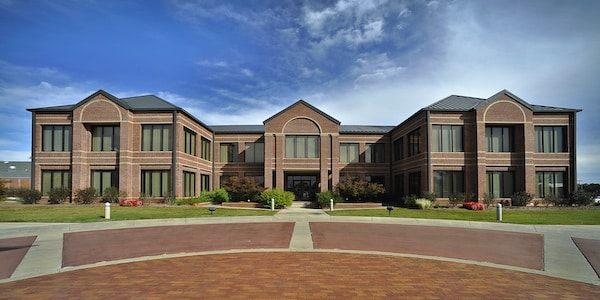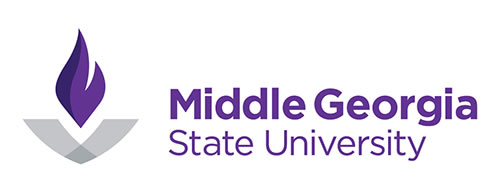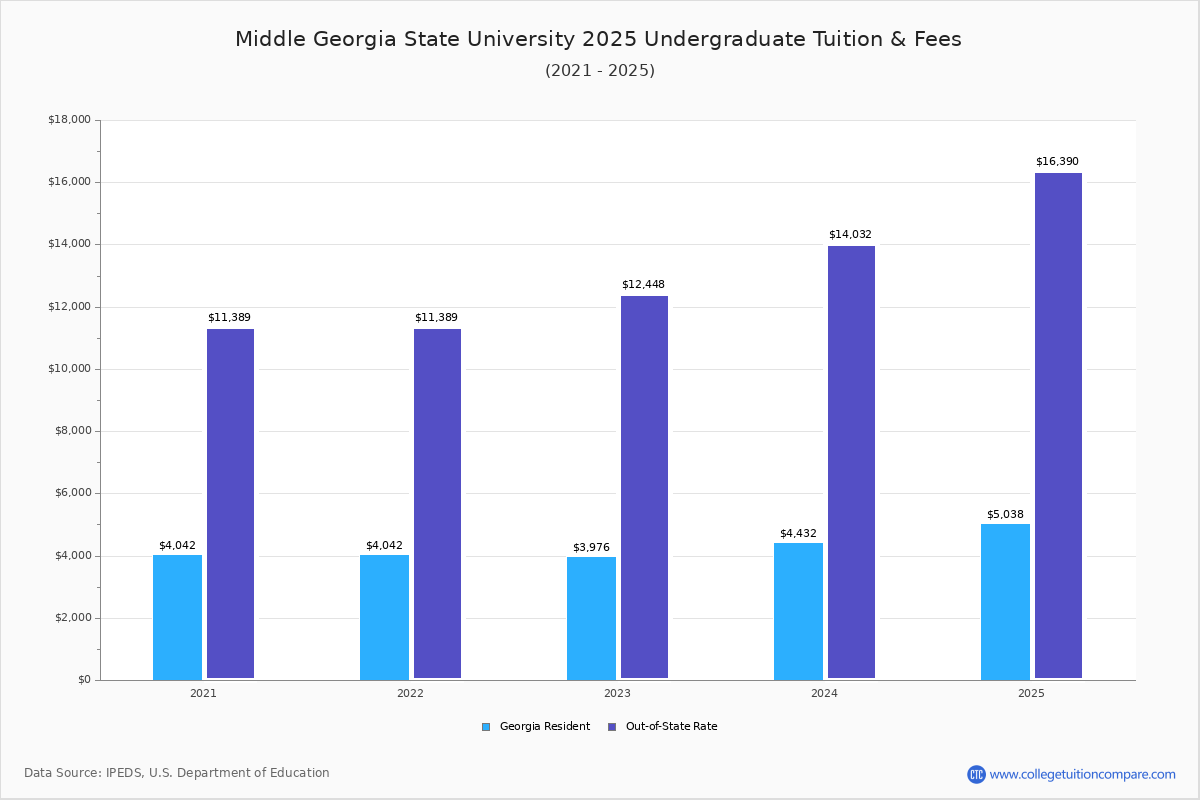

MATH 3440Īnalytics and Organizational Intelligence
Middle georgia state university online degrees software#
It will help students prepare for job opportunities in a wide variety of fields and sectors from financial industry to programming and software development. This concentration features core classes in applied statistics, programming and data mining techniques. The Data Analytics concentration provides students with the tools to enhance programming and data mining skills and build the data analysis expertise. Students who complete this new concentration will have the National Security Agency (NSA) and Department of Homeland Security (DHS) National Center of Academic Excellence in Cyber Defense Education (CAE-CDE) designation noted on their academic transcripts.Īpplied Calculus for Information Technologyĭata Analytics Concentration (Credit: 21 hours) Students will learn about server and network security, incident response and contingency planning, conducting vulnerability assessments, and penetration testing. The Cybersecurity concentration involves detecting, reporting, and responding to cyber threats, making encryption codes to securely pass information between systems, and taking appropriate measures to ensure the security of valuable information. Select two classes from the following (Credit: 6 hours)Ĭybersecurity Concentration (Credit: 27 hours) Network Forensics and Incident Response Planning Department of Defense Cyber Crime Center (DC3). The cyber forensics program is designated as a National Center of Digital Forensics Academic Excellence (CDFAE) by the U.S. Cyber forensics includes using scientific methods and providing extensive documentation to ensure the preservation and integrity of the investigation. Students will learn about the tools and processes to handle digital evidence. Learners will carry out the procedures of identification, collection, preservation, examination, analysis, and reporting of evidence for civil and criminal cases.

Students will learn the cyber forensics process of acquisition, analysis, and reporting.

or ITEC 3XXX/4XXX courses Ĭyber Forensics Concentration (Credit: 21 hours) Introduction to Information Security for FinTechįTA 2xxx/3xxx/4xxx courses. The AS degree program will expose students to the IT domains that make up the FinTech industry, including industry trends, disruptive technologies, big data, analytics, applications development, entrepreneurship, and cybersecurity. Informatics courses deemed appropriate for providing students with a strong foundation in IT as well as a deeper understanding of another discipline orįinancial Technology Concentration (Credit: 21 hours)įinancial technology, also known as FinTech, is an economic industry composed of companies that use technology to make financial services more efficient.Upper-level ITEC courses in the program.This area is satisfied by taking an ITEC concentration (see below) or approved ITEC upper-level courses.Īrea III: Additional courses (Required) (Credit: 9-24 hours) View the list of courses for this program in the course catalog.Area I: Information Technology upper-level Core Curriculum (Required) (Credit: 21 hours)Īrea II: Information Technology Upper-Level Courses (Required) (Credit: 15-30 hours)

Practical experiences, including the optional Applied Learning Experience course, allow students the opportunity to apply the skills and knowledge gained in the classroom to the field of practice. Students can elect to have open electives or focus their studies towards specific program concentrations such as Practice/Clinical Management, which prepares students to manage the organization and operation of the business aspects of a health care provider’s office (including those of physicians, dentists, hospitals, clinics, and others) Long Term Care Administration, which prepares students for employment opportunities in skilled nursing facilities, assisted living facilities, group homes and hospices and Sports and Fitness Management, which prepares students for a variety of entry and mid-level management positions within the broad field of health and fitness (such as sports promotion, corporate wellness, personal training, health promotion, and sports club management.) Students will gain relevant knowledge in research, leadership, strategy, healthcare quality, effective communication, human resources, information systems management, health law, and finance. The program’s focus is upon the relationship between theory and practice through the identification and resolution of problems unique to health care.


 0 kommentar(er)
0 kommentar(er)
